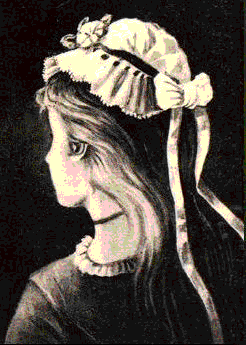
|
Perspective Detrmines Subjective Reality
"I used to worry - Strange de Jim
Fear is the mother of morality - Nietzsche
"Hell is discovering the truth - John Locke
|
Consequences of Intoxication on Brain Structure & FunctionStructural damage to the brain resulting from chronic alcohol abuse can be observed in different ways:Results of autopsy show that patients with a history of chronic alcohol abuse have smaller, less massive, and more shrunken brains than nonalcoholic adults of the same age and gender.1
The relationship between alcohol consumption and deterioration in brain structure and function is not simple. Measures such as average quantity consumed, or even total quantity consumed over a year, do not predict the ultimate extent of brain damage. The best predictor of alcohol related impairment is: maximum quantity consumed at one time, along with the frequency of drinking that quantity. In addition to the toxic effects of frequent high levels of alcohol intake, alcohol related diseases and head injuries (due to falls, fights, motor vehicle accidents, etc.) also contribute. Although changes in brain structure may be gradual, performance deficits appear abruptly. The individual often appears more capable than is actually the case, because existing verbal abilities are among the few faculties that are relatively unimpaired by chronic alcohol abuse. The Pattern of RecoveryDespite the grim realities described above, the situation is not hopeless: With abstinence there is functional and structural recovery! Predictably cognitive functions and motor coordination improve, at least partially, within 3 or 4 weeks of abstinence; cerebral atrophy reverses after the first few months of sobriety.5
Footnotes: 1. Rosenbloom, M. etal. Alcohol Health Research World., 19, 266-272, 1995 2. Pfefferbaum, A. etal. Alcohol Clinical and Experimental Research, 21, 521-529, 1997 3. Ibid. 4. Pfefferbaum, A. etal. Archives of General Psychiatry. 56, 905-912, 1998 5. Oscar-Berman, A. Alcohol Health Research World., 21, 65-75, 1997 6. Neuropsychology of Alcoholism - Parsons etal. 1987 7. Ibid. 8. Gansier D. etal. Journal of studies of Alcohol, 61, 32-37. 2000 9. Neuropsychology of Alcoholism - Parsons etal. 1987 10. Sullivan, E. etal. Alcohol Clinical and Experimental Research, 20, 348-354, 1996
|
|---|

